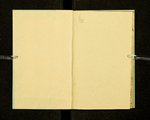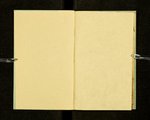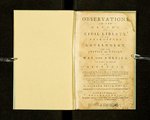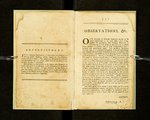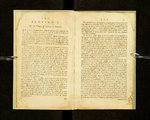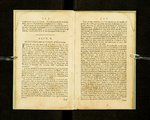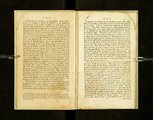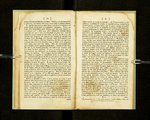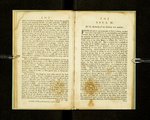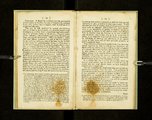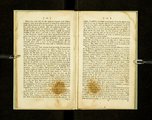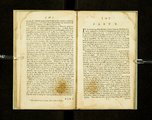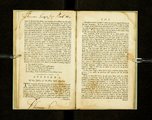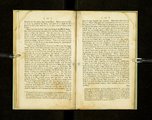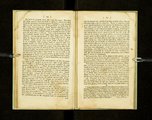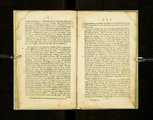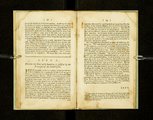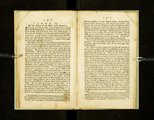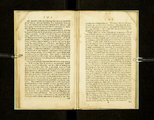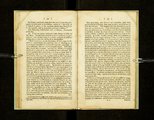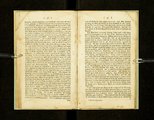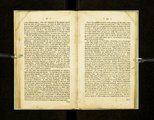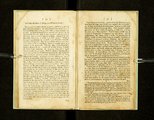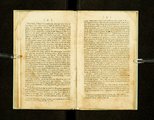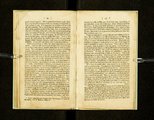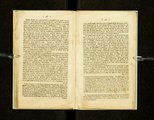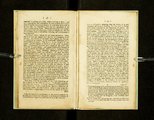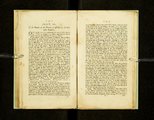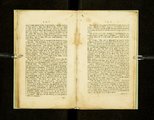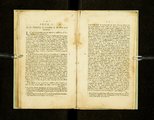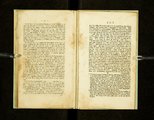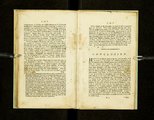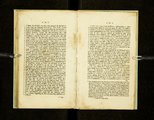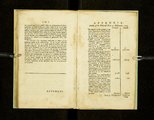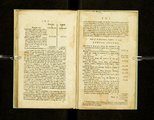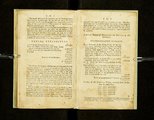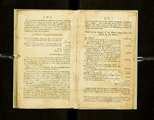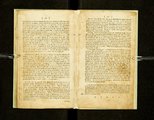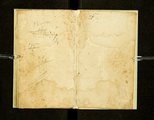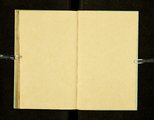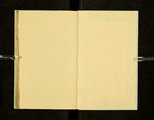| Title |
Observations on the nature of civil liberty, the principles of government, and the justice and policy of the war with America, to which is added, an appendix, containing a state of the national debt, an estimate of the money drawn from the public by the taxes, and an account of the national income and expenditure since the last war. |
| Call Number |
E211 .P9625 1776; Record ID 9941410102001 |
| Date |
1776 |
| Description |
A treatise on the nature of government by Richard Price, a a British moral philosopher, nonconformist preacher and mathematician. He was also a political pamphleteer and lent support to the American colonies in its War for independence. |
| Creator |
Price, Richard, 1723-1791. |
| Subject |
United States--Politics and government--1775-1783; United States--History--Revolution, 1775-1783--Causes; Finance--Great Britain--History; Great Britain--Colonies--America |
| Type |
Text |
| Format |
application/pdf |
| Language |
eng |
| Spatial Coverage |
United States; Great Britain |
| Collection Name |
Rare Books Collection |
| Holding Institution |
Rare Books Division, Special Collections, J. Willard Marriott Library, University of Utah |
| Rights |
 |
| Scanning Technician |
Ellen Moffatt |
| ARK |
ark:/87278/s6qk1kp8 |
| Setname |
uum_rbc |
| ID |
1315579 |
| Reference URL |
https://collections.lib.utah.edu/ark:/87278/s6qk1kp8 |



